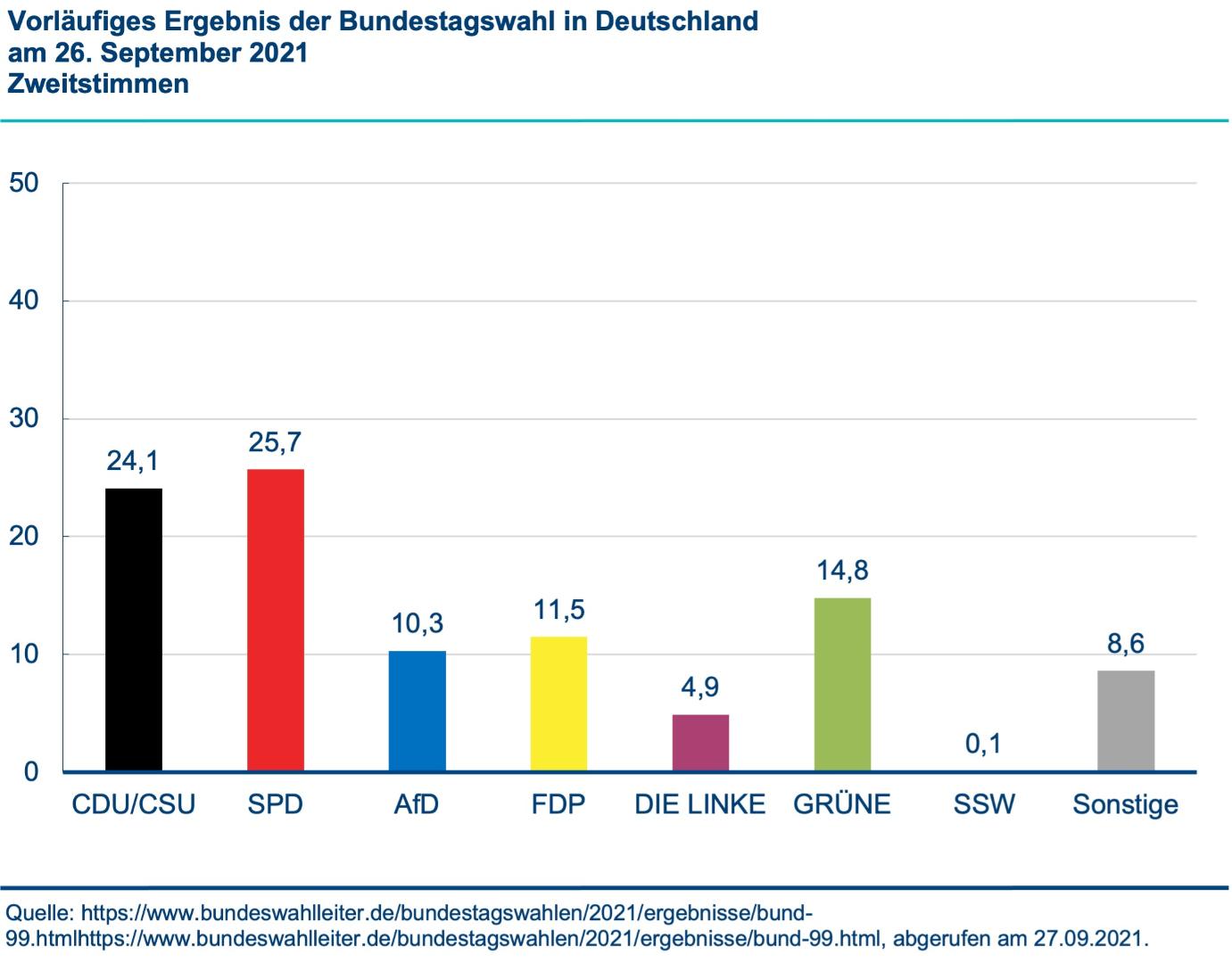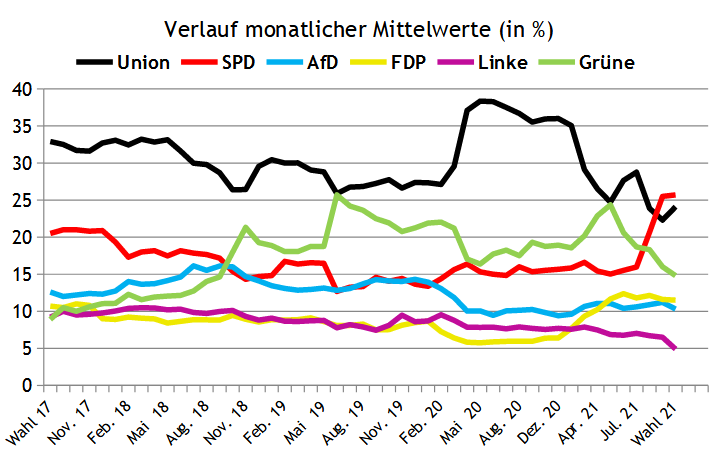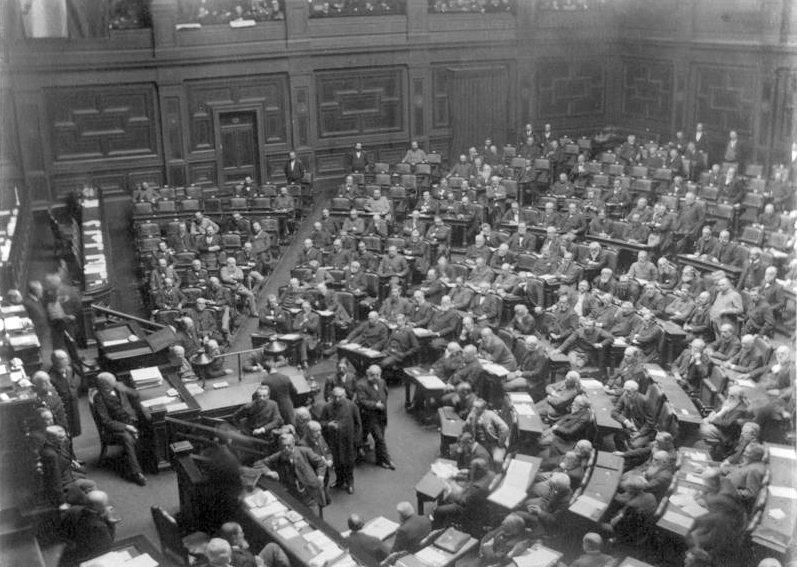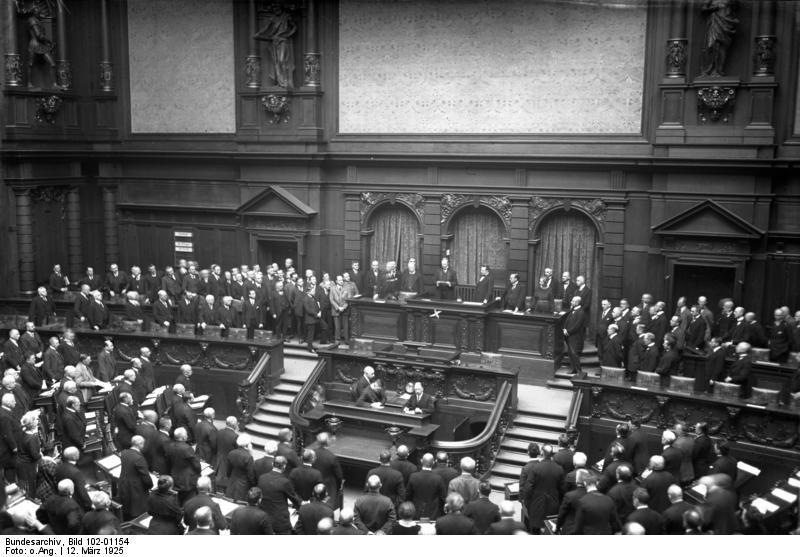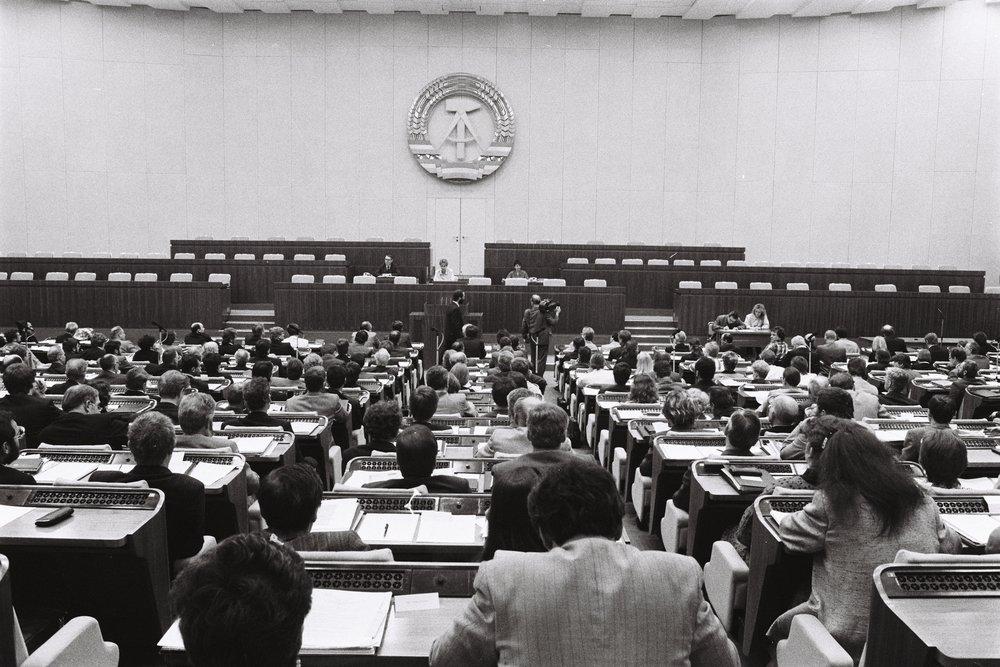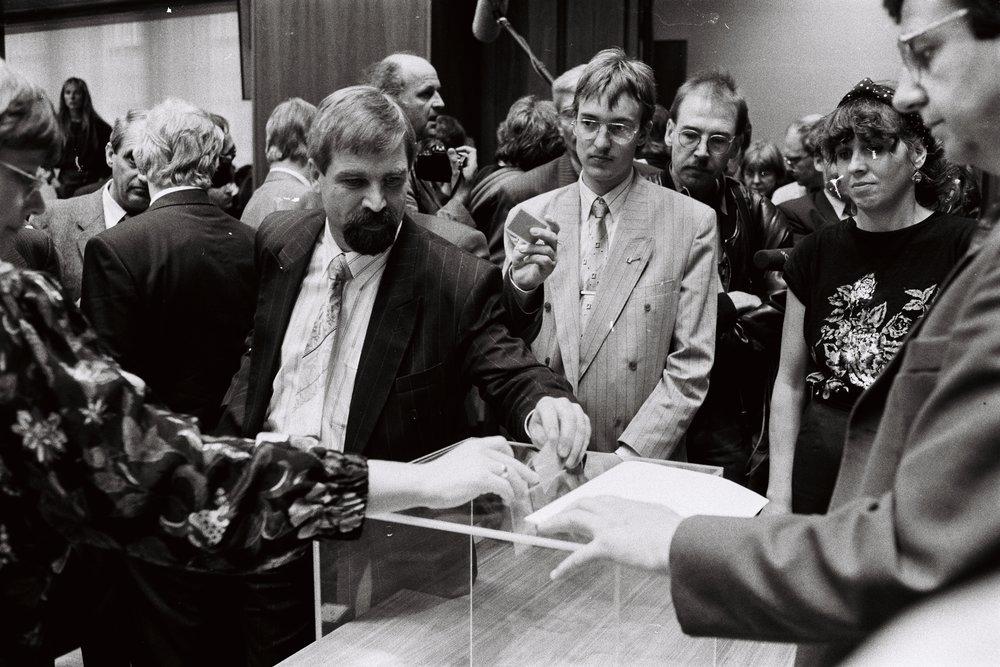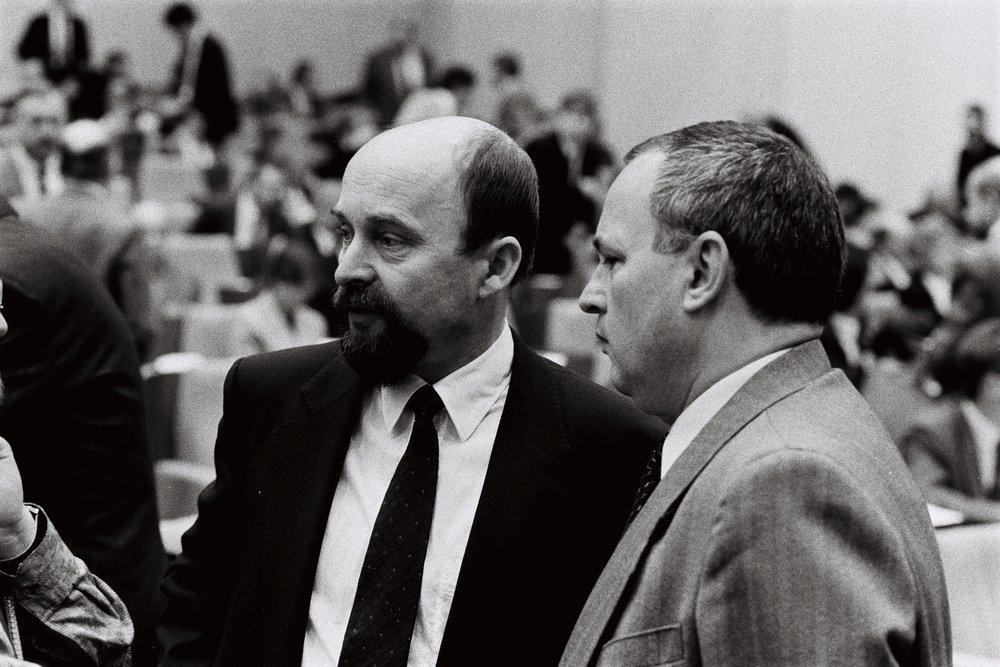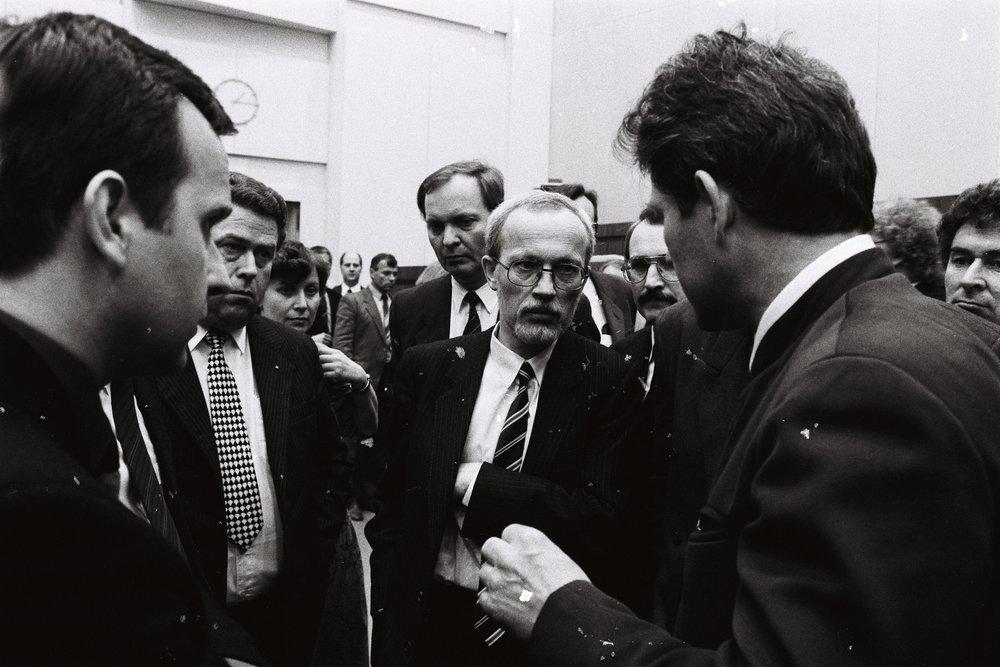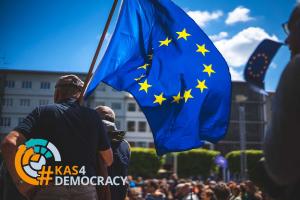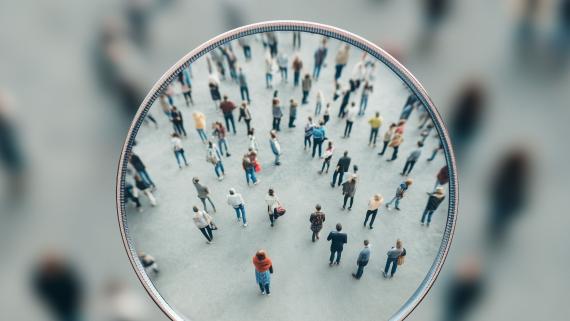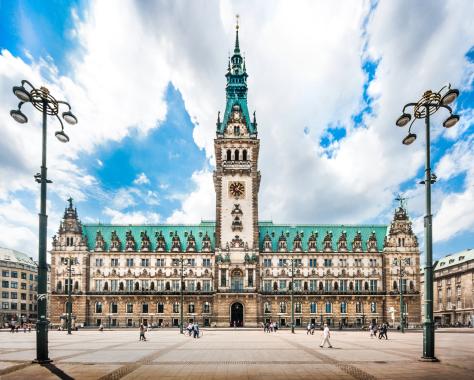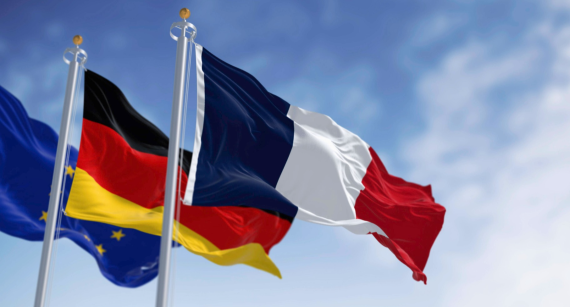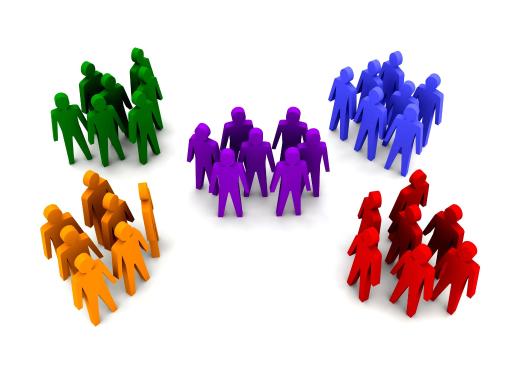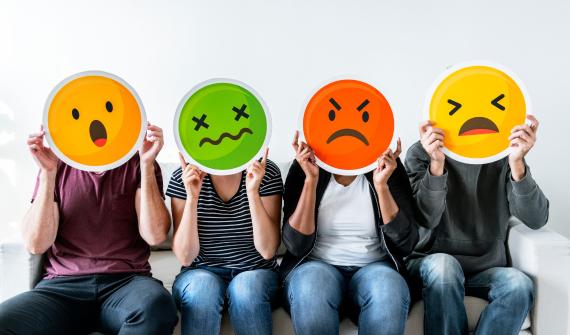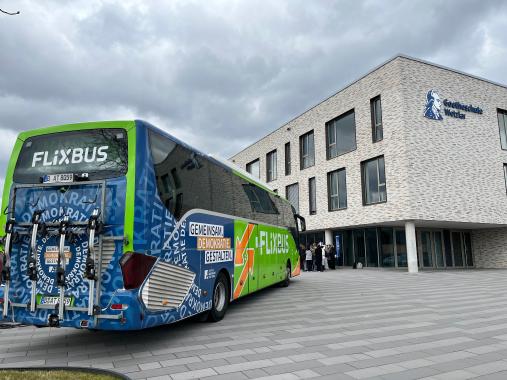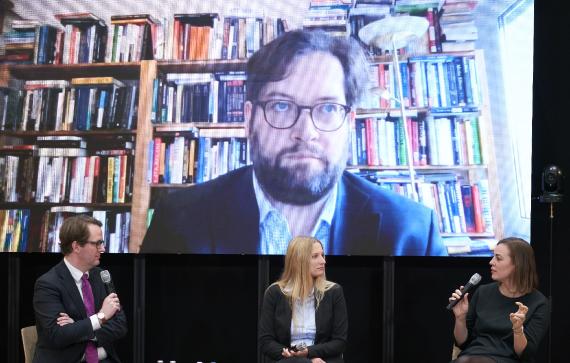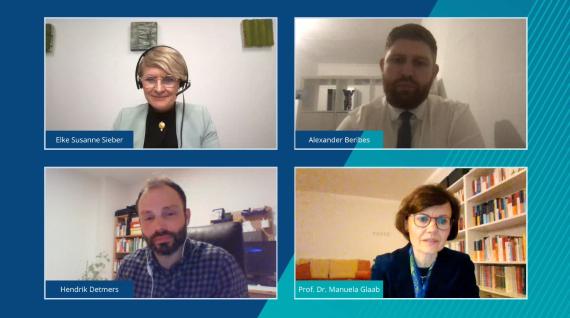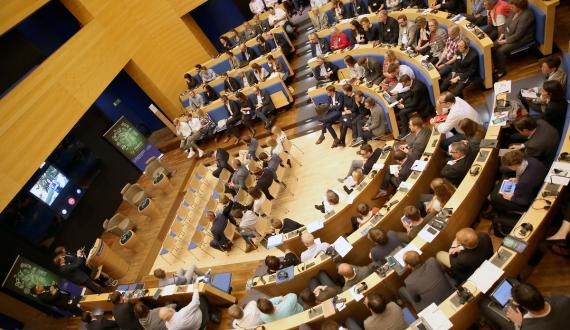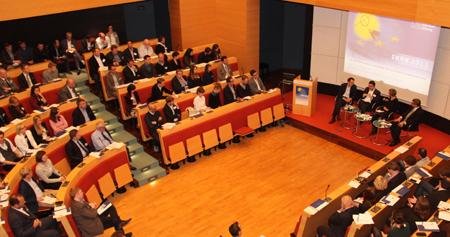Democracy means having a choice. Dictatorship means being subjected to a choice.
At a glance
- Elections are the foundation of every democracy. They determine the political course of the country for a fixed period of time.
- In the past, voter loyalty to certain parties was widespread. For years, however, voters’ willingness to switch allegiances has dramatically increased.
- In conjunction with changes in the electoral market and swing voters, the Konrad-Adenauer-Stiftung’s electoral research work is also dedicated to the issue of who votes which party and why.
- Methodologically, a combination of qualitative and quantitative approaches are suitable for our election and social research.
- We regularly commission representative surveys in order to research the fundamental patterns of attitudes towards political electoral behaviour.
Content
1. The electorate is undergoing change
2. Electoral research at the Konrad-Adenauer-Stiftung
3. Methods of empirical election and social research
4. Our offers and projects on the topic
5. Publications, events and media contributions on the topic
Elections are the cornerstone of democracy. Their outcome determines the political course for a set period of time. The decision of voters and electorate analysis are therefore of major importance beyond the boundaries of electoral research.
The electorate is undergoing change
Election polls have always enjoyed great popularity. Having said that, the voters’ enormous willingness to switch allegiances has dramatically increased over the years. Instead of a fundamental preference for one party, many voters in Germany now have a diverse openness to parties. Hence, poll data and the actual election results differ time and again.
Electoral research at the Konrad-Adenauer-Stiftung
Fundamental and long-term changes on the electoral market are just as much a focus of our studies as the explanation on who votes which party and why. “The goal is to use scientific means to create the foundations for political action and identify future developments at an early stage. […] At the interface between politics and science, research is to be conducted on such developments that have an impact on politics, the party system and political decision-making processes”, writes GESIS (Gesellschaft Sozialwissenschaftlicher Infrastruktureinrichtungen) as a background on the foundation regarding data sets of the Konrad-Adenauer-Stiftung’s empirical studies.
Methods of empirical election and social research
In order to research electoral behaviour, the Konrad-Adenauer-Stiftung applies a combination of qualitative and quantitative methods. For instance, in-depth psychological interviews on the qualitative side provide insights into the rationale, unconscious and emotional perceptions surrounding the voting decision and underlying motives. These can then be tested for range and correlations in quantitative surveys.
The Konrad-Adenauer-Stiftung regularly commissions representative surveys and thus researches, often as a time series, basic patterns of attitudes towards political voting behaviour.
Our offers and projects on the topic
Website project “Election Analyses and Demoscopy”
With the website project “Election Analyses and Demoscopy”, the Konrad-Adenauer-Stiftung provides a comprehensive knowledge portal relating to the topic of elections in Germany. In addition to analyses on federal or state elections, here you will find overviews of outcomes of elections that have taken place since 1946 as well as detailed information and relevant studies on opinion and survey research.
Election Analyses of Bundestag Elections
Our overview page on the Bundestag elections will provide you with election analyses since 2005 with major determinants of the election outcome, changes in vote shares, voter migration and voting behaviour in various population groups.
Learn more about the election analyses of Bundestag elections
Election Analyses of State Parliament Elections
Our overview page on all state parliament elections will provide you with election analyses since 2004 with major determinants for state election results, voter migration balances and voting behaviour in various population groups.
Learn more about the election analyses of state parliament elections
Election Outcomes and Representative Election Statistics since 1946
On our overview page on election outcomes and representative election statistics you can view all election results in Federal and State governments since 1946 based on publications of the Federal Statistical Office or the State Statistical Offices.
Demoscopy (Opinion Polls)
On our overview page on demoscopy you will find current surveys on voting intention (Sunday poll), on the most pressing problems and problem-solving skills, on politicians’ ratings, on the assessment of the economic situation as well as on the assessment of government and opposition in the long-term trend.
Historical election results at a glance
Elections had already taken place in Germany before 1946. Both in the Weimar Republic and the German Empire, elections to the German Reichstag were an integral part of the political system. Although elections also took place in the German Democratic Republic (GDR), these were not free and fair elections in the democratic sense, but rather so-called sham elections in which results were already known in advance and merely served the Socialist Unity Party of Germany (SED) as an instrument of apparent democratic legitimacy. It was not until 1990, in the wake of the successful Peaceful Revolution, that the GDR’s People’s Chamber was freely elected for the first and last time. We have compiled the historical election results for you below.
Election Results in the German Empire 1871 to 1918
Our overview of election results in the German Empire shows the election results of all Reichstag elections in the period between 1871 and 1918.
Election Results in the Weimar Republic 1919 to 1933
Our overview of election results in the Weimar Republic shows the election results of all Reichstag elections in the period between 1919 and 1933.
Learn more about the election results in the Weimar Republic
Election Results in the GDR 1990
In 1990, as a result of the Peaceful Revolution in the GDR, free elections were held for the first and only time. We will present the rules of the election to the People’s Chamber on the following overview page.




